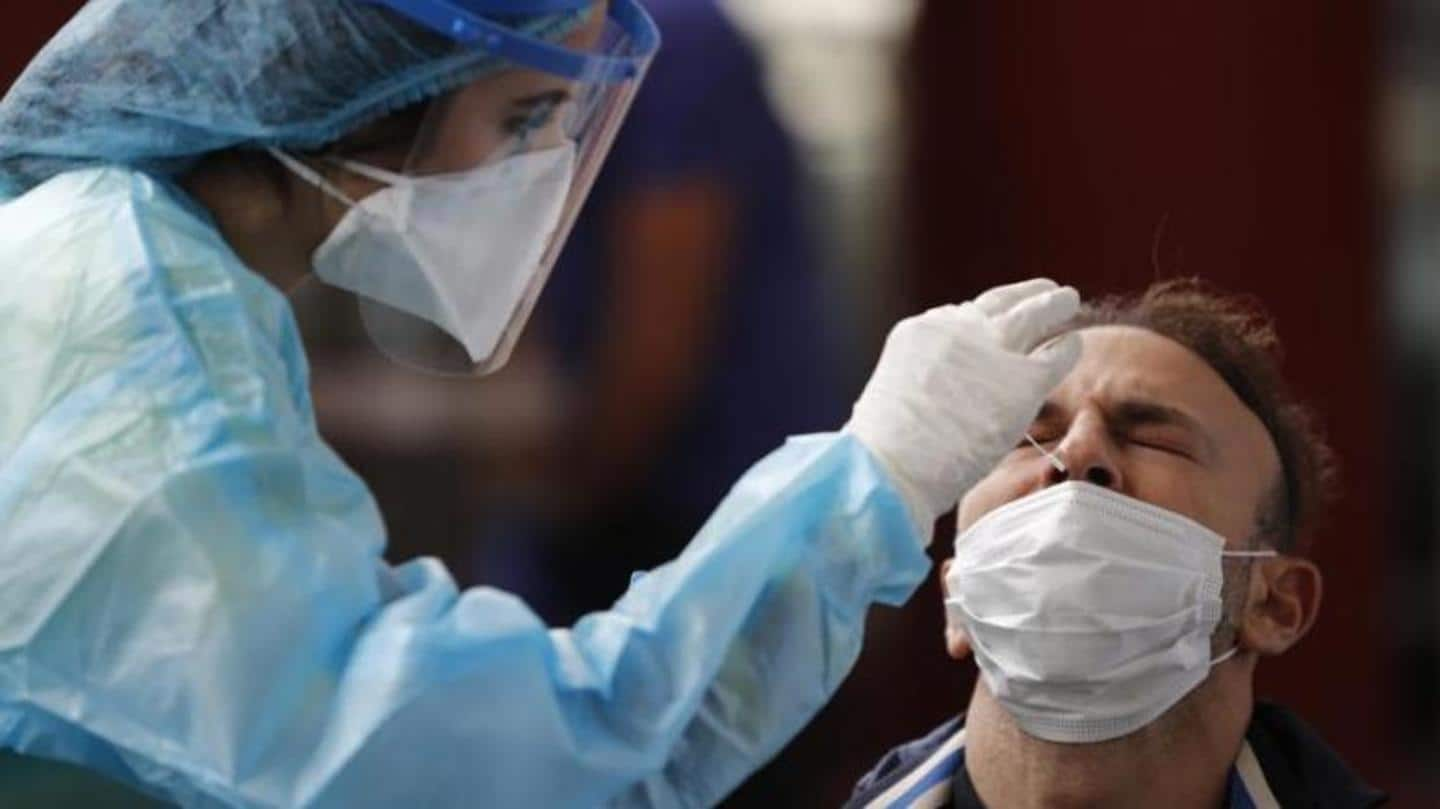
COVID-19: Different types of tests and their accuracy explained
What's the story
With many different types of tests being done to detect COVID-19, it is becoming increasingly important to understand the significance of each of these tests.
While RT-PCR and antigen tests help in detecting a present infection, an antibody test confirms if an individual has ever been infected by the coronavirus.
Here's an analysis of each of these tests and their importance.
RT-PCR
RT-PCR test looks for current sign of infection
An RT-PCR test checks for signs of current infection and is carried out by taking samples from the back of the throat or the nose, or both.
On inspecting the sample in the laboratory, this test can confirm an infection if it identifies two specific SARS-CoV-2 genes in the sample.
However, if only one is identified, it will produce a false negative report.
Antigen test
An antigen test detects viral activity in the body
A COVID-19 antigen is a viral protein that triggers an immune response when the body is infected with the virus.
An antigen test is a rapid diagnostic test that detects antigens and confirms a current infection.
The sample is taken from the nose or throat, and the results are quick.
With thousands of false negative reports, the reliance on antigen tests has reduced manifold.
Antibody test
An antibody test detects antibodies against the virus
Antibodies are present in the blood and tissues of anyone who has recovered from COVID-19. An antibody test confirms if the person has ever been infected with COVID-19.
The test is done using blood samples, and the results are delivered in two to three days' time.
However, an antibody test can not tell if the person is infected at the time of the test.
CoviSelf
CoviSelf is a rapid test similar to antigen test
In addition to all the above tests, we now have CoviSelf, a self-use rapid COVID-19 test kit, which can give results within 15 minutes of testing.
It's priced at Rs. 250 and will be available in pharmacies and online channels without a prescription.
However, it works on the same principles as the antigen test and is also dependant on how well the swab is collected.